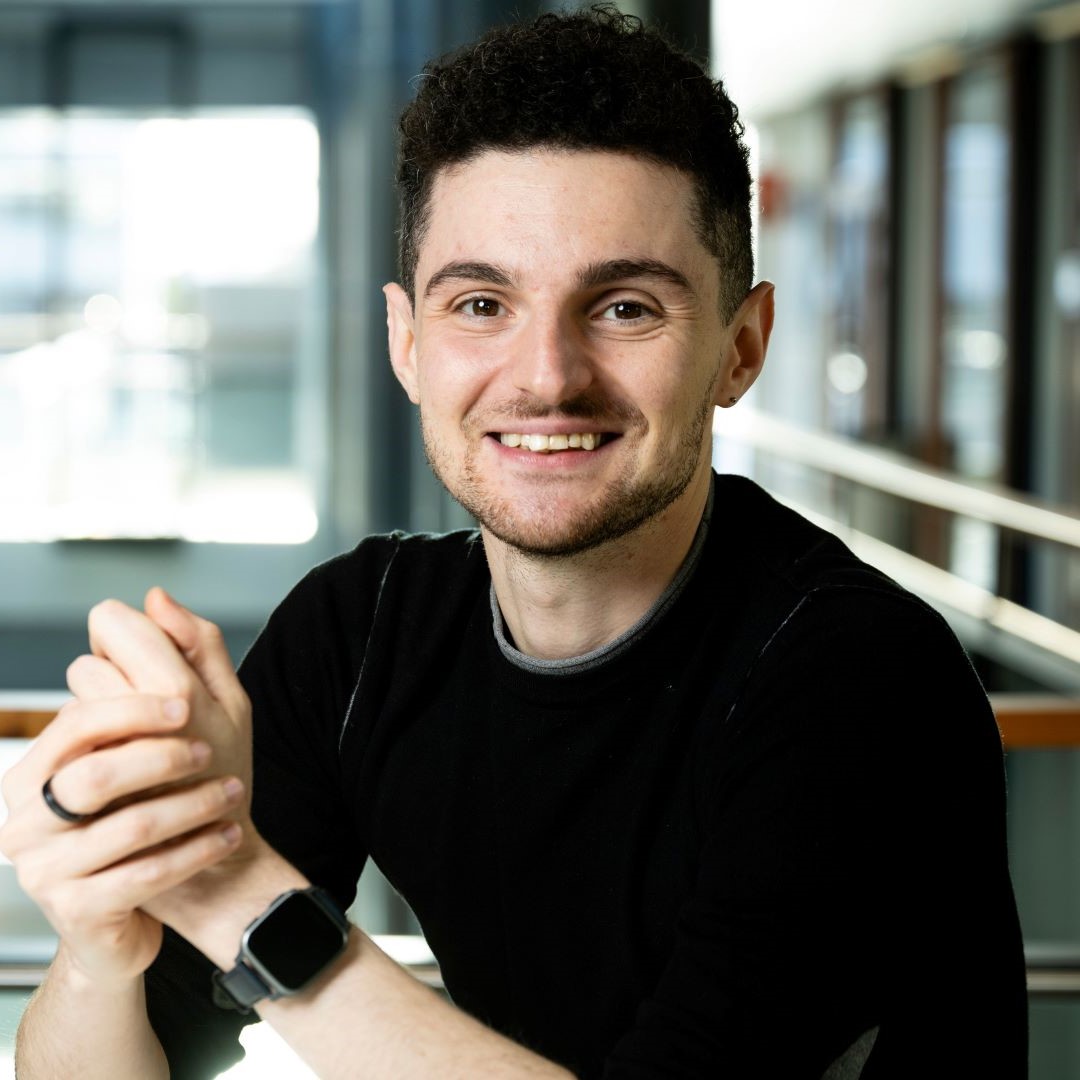Simone Rubinacci leads a research group at FIMM, University of Helsinki. His lab focuses on identifying shared chromosomal segments (haplotypes) and analyzing how genetic variation influences human diversity and disease susceptibility. The group develops statistical methods to extract meaningful insights from noisy genomic data, including low-coverage whole-genome sequencing and SNP arrays. A core area of their research is the characterization of structural variation in the human genome and its impact on human health.
Haplotype-informed methods to uncover novel disease mechanisms
Structural variants (SVs) remain a largely uncharted layer of genetic variation in human genomics, despite their potential to influence trait architecture and regulatory mechanisms. In this talk, I will introduce a haplotype-informed method for detecting and genotyping common SVs at scale, leveraging signals from short-read sequencing across hundreds of thousands of individuals. Applied to the UK Biobank whole-genome dataset, this approach enables systematic SV association testing across a wide range of phenotypes and diseases (59 quantitative traits tested, and more than 700 diseases). I will present an overview of the resulting SV-phenome map, highlighting new insights into complex trait biology that emerge when structural variation is brought into large-scale association studies.
